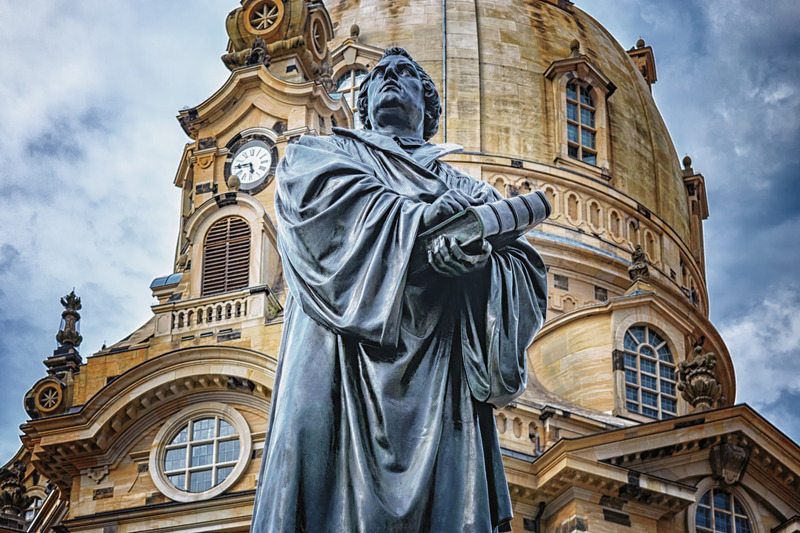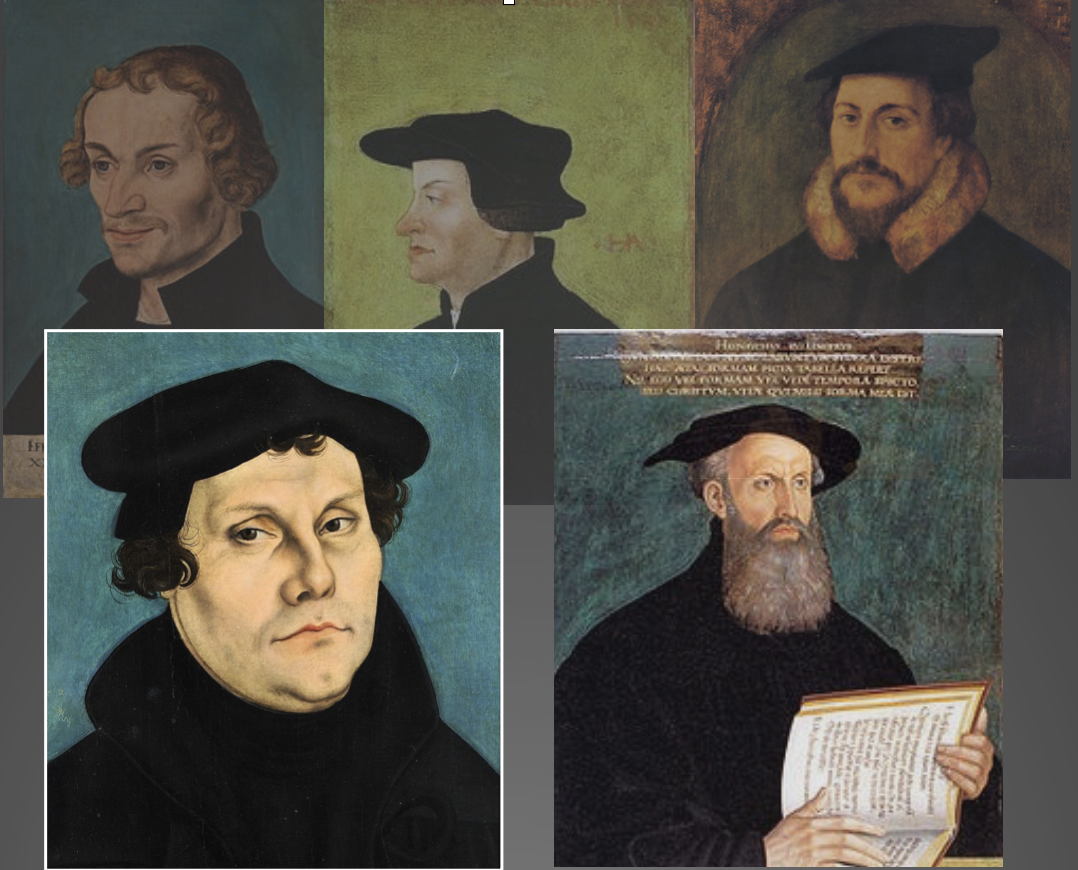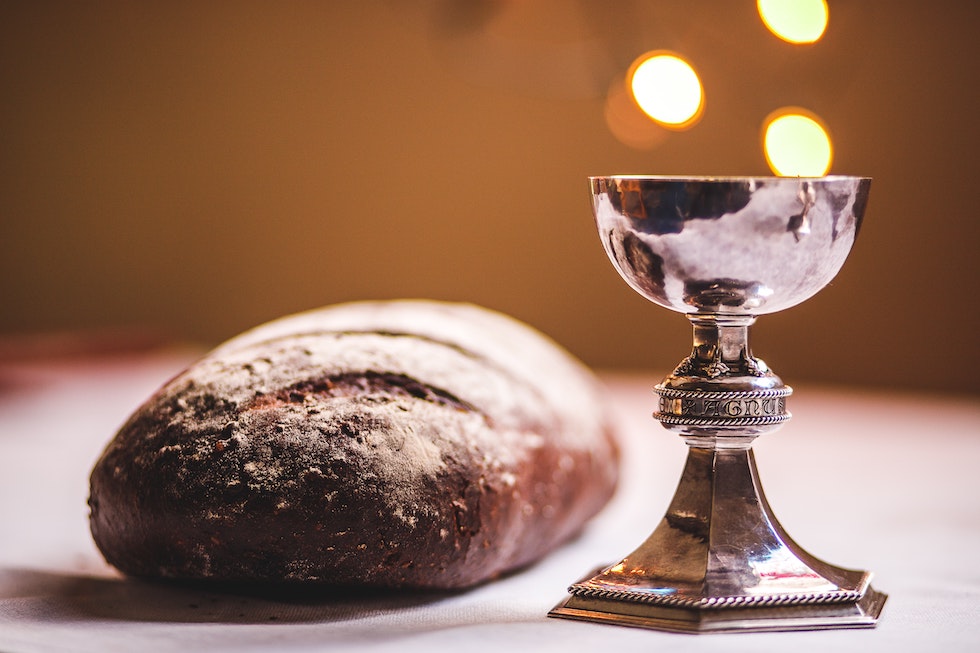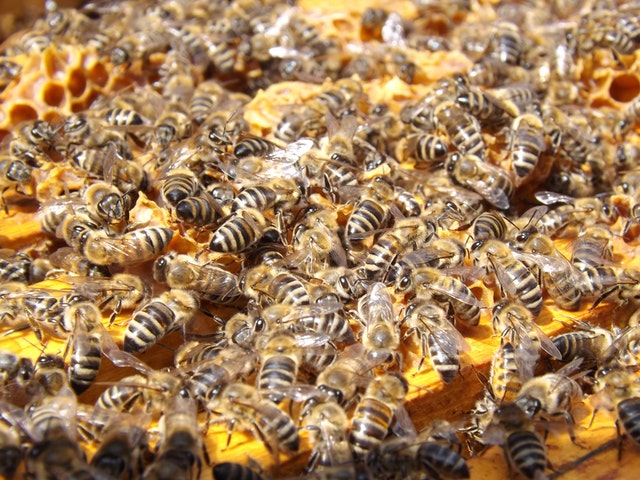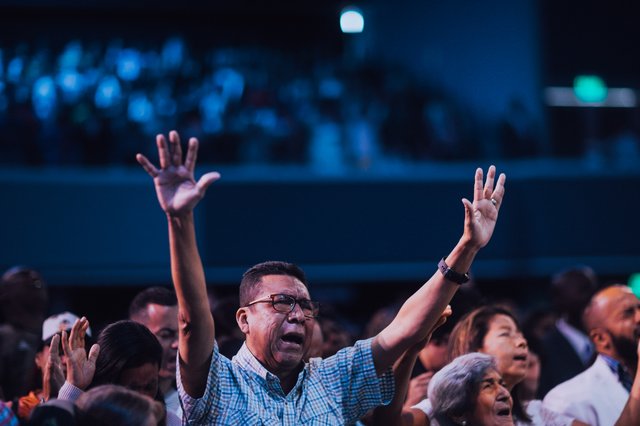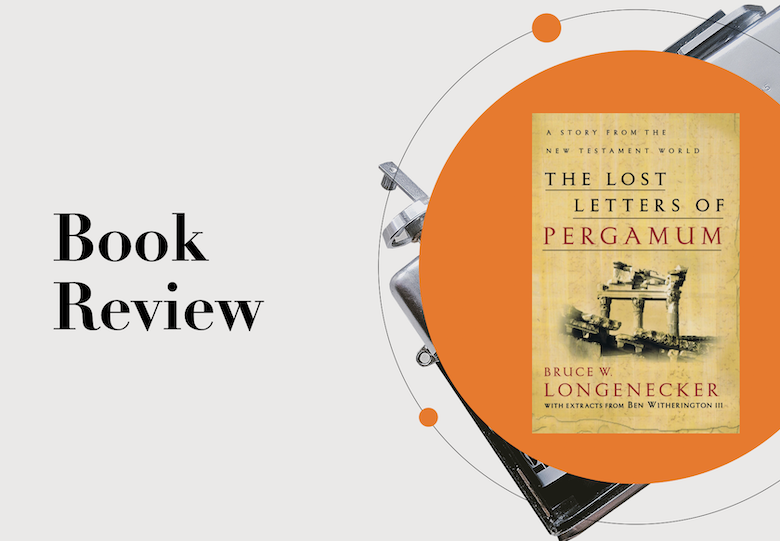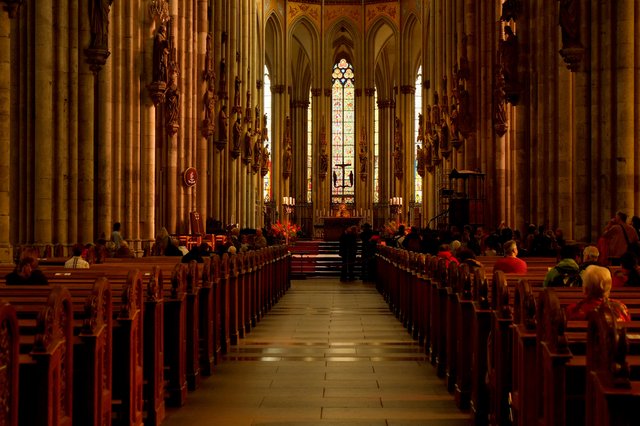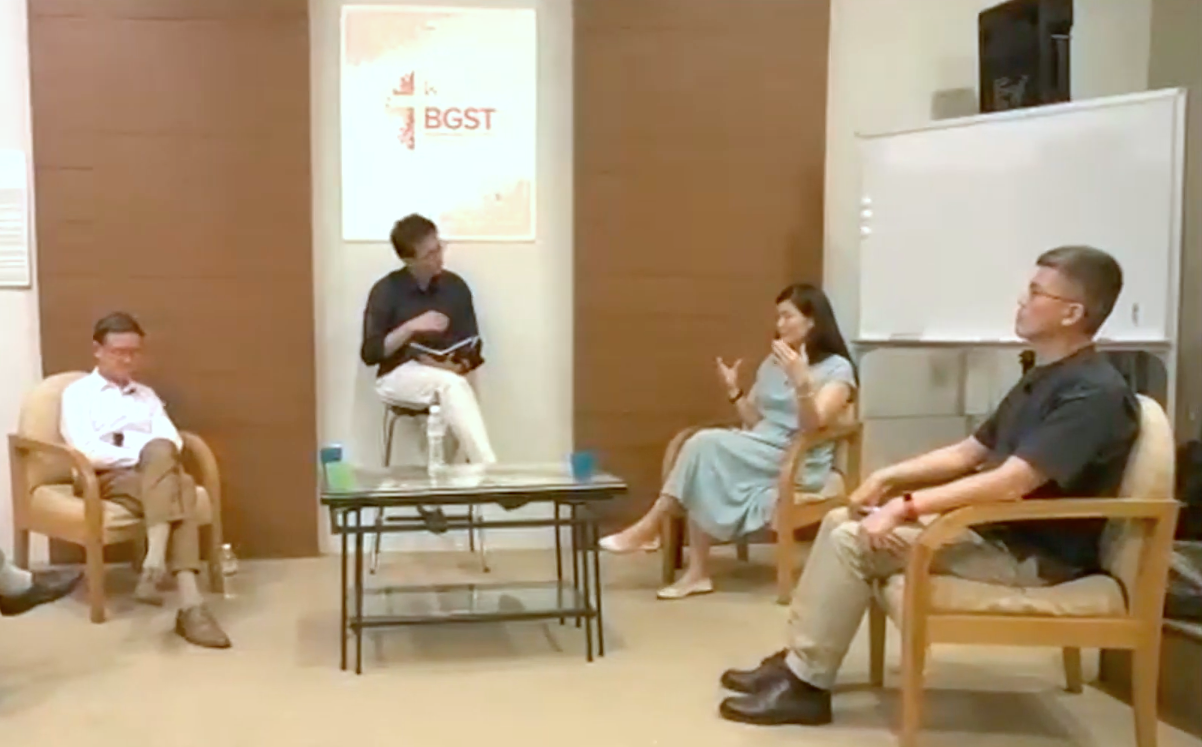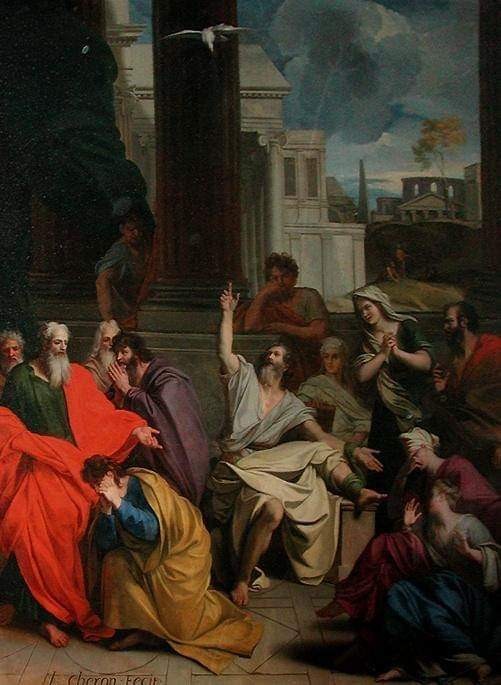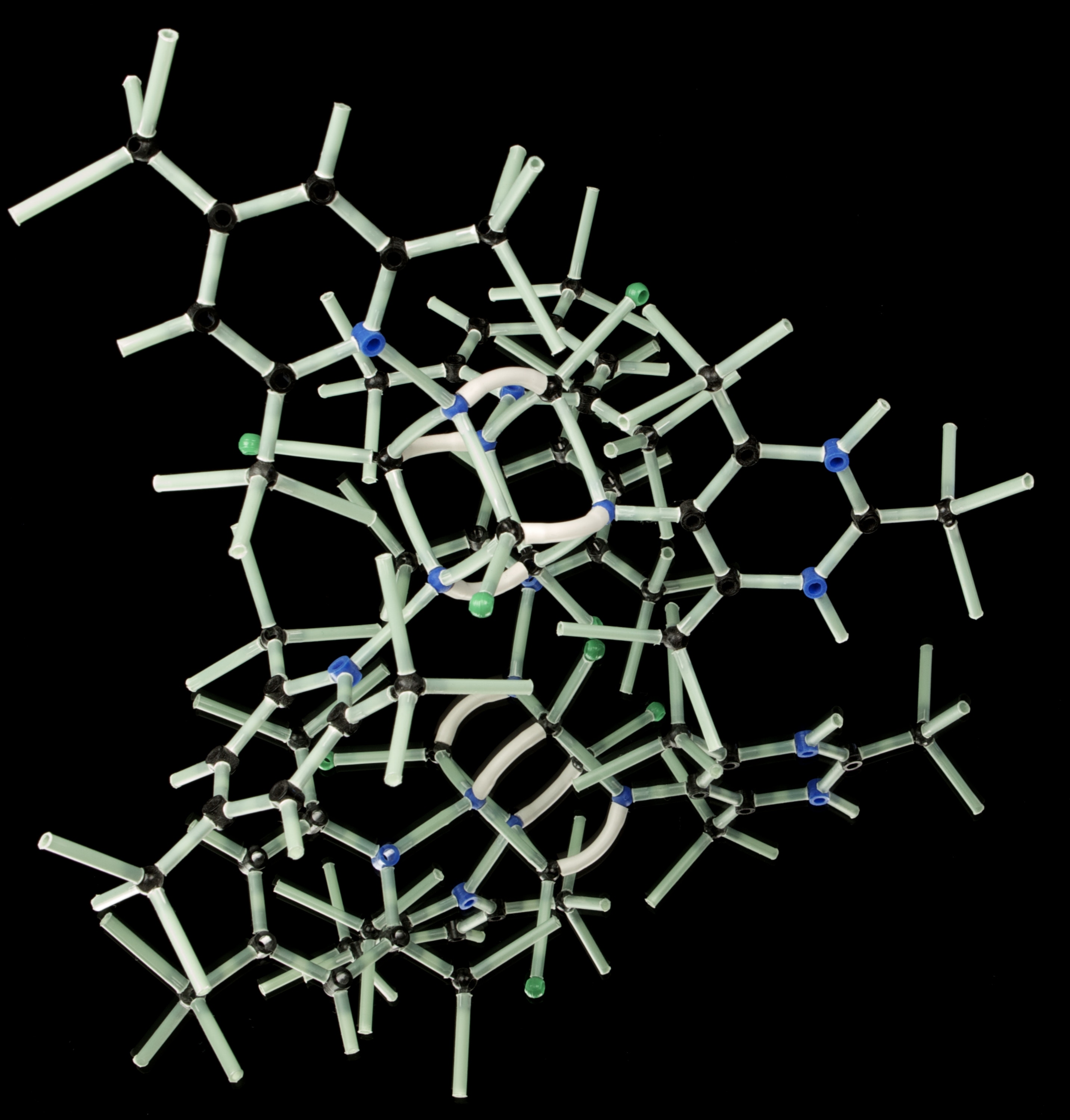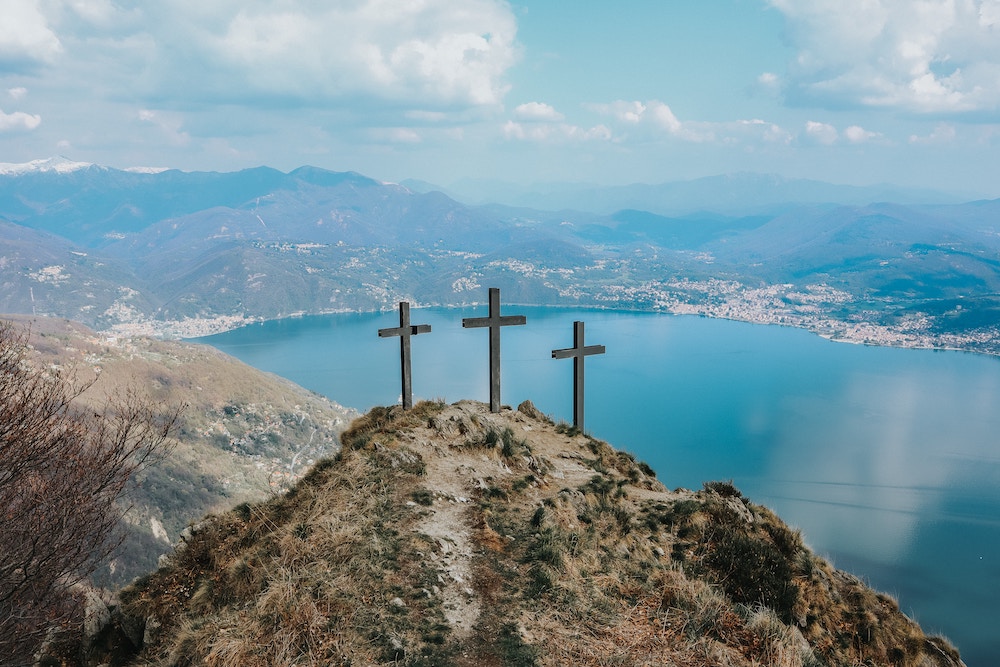Covid-19 and The Call to Conversion: Transforming the Mind and Heart
by Anthony Siow

A pastor once posed the question: “If you knew that the world was going to end, what would you do?” This question resonates today and, even though we may not be dealing with apocalyptic proportions, the current crisis that is Covid-19 has been acknowledged as the greatest challenge since World War II.
This series of articles continues the conversation that began with the BGST webinar, Coronavirus: Challenge, Concerns and a Chance for Change. They provide some spiritual mooring to help unpack some of the issues raised.
Liminal space and the invitation to transformation
Covid-19 has cast us into unchartered waters, into a place of tension and grace that is a liminal space. “Limen” is Latin for “on the threshold”. Here in this transitional space, we sit in a posture of submission in God’s presence, holding all our anxieties while resisting impulsiveness. This is Holy Saturday, where a spirituality of waiting invites us to open ourselves to be transformed from within. If we avoid this space, we start to idealise normalcy and become spiritually complacent.
Make no mistake – this is a new normal. Instead of resisting, it would be more prudent to ask ourselves “What can I learn?” and “What needs to change?” How might I put on a new mind and a new heart?
A new mindset
Our rational mind fidgets uncomfortably in this place of “not knowing”. We soon discover that “Why does God allow this?” gets us nowhere, because not everything will have an explanation.
The first few cases of Covid-19 infection were Christians. This alone debunks the myth that Christians are exempt from suffering.
Image of God: Who is God for me?
Another corollary in the “Why does God allow this?” line of thought is to ask ourselves who God is to us, a question so fundamental yet not often pondered. Benedictine nun, theologian and author, Joan Chittister, offers two popular flawed images. The first is God the Puppeteer, who is responsible for everything in life, not us. Sorry, but it’s not God, it’s us! The second is God the Magician, who saves us from the realities of life. Again, apologies but this is life, so deal with it!
God is the ground of our being and if it feels as if God isn’t, we may wish to examine where our centre lies.

Living out of my centre
That we are God’s beloved is the core of our being, out of which we do what we do – our response to Love, which is to praise, honour and serve God.
When the ground of our being is insecure, we run the risk of operating out of other disordered centres. Covid-19 has woken us up from the illusion that we are in control. At this point, fear, anxiety and anger may be what drive us. A popular parable tells of two wolves fighting, one filled with anger, resentment, arrogance and all manner of desolation. The other is filled with joy, hope, love and all things consoling. This same battle is fought within us. Which wolf wins depends on which wolf we feed.
A careful discernment of what emotions are driving us is key to navigating this crisis. Discernment strips away all our superficial desires to arrive at our core desire. Against our will, Covid-19 has forced us to examine what truly matters in life. More importantly, we begin to realise how much, or little, we let Jesus take the wheel.
Letting God love me, just the way I am
Many of us find our identity in what we do. We may define our worth through the many church activities we busy ourselves with. Who am I when church is no longer business as usual, and those activities are halted? If what we do is what we are, can we sit still and just let God love us for who we are and not what we do? If we cannot, our motivations for serving are suspect.
Encounters of the heart
How well do I know Jesus? The Spanish word “sentir” conveys a deeper sense of a felt knowing. Do I know Jesus from a place of felt encounter, or do I just know about Jesus? What stirs in me when Jesus asks, “Who do you say I am?”, and I ask the same of him?
Prayer can often be a cerebral exercise. But genuine prayer moves us from the head to the heart. Imaginative contemplation is one way of encountering Jesus intimately. By placing ourselves in the scripture passages, bringing all our senses to bear, we come to know Jesus personally.
I then live and act out of this encounter, transforming creed into Beatitude.
Expanding the heart space: The Examen
The current crisis invites us to pause and reflect. A common misconception is the correlation between pause and quantity of time. God meets us where we’re at, and if we only have twenty minutes to spare, God will meet us in those twenty minutes. A healthy spiritual life does not mean more prayer (quantity). Rather, it’s an intentional prayerfulness (quality), bringing God into each ordinary moment of our lives.
The Examen is a short and simple prayer that allows us to expand our heart space. Augustine of Hippo noted, “How can you draw close to God when you are far from your own self?” At heart in this prayer is a growing self-awareness rooted in understanding our emotions, leading to greater intimacy with God.
[You may wish to pray with a reimagined Examen – the Essential Examen – created to help us navigate the Covid-19 crisis, under Prayer Resources.]
Fully human
Philippians 2:6-11 reminds us that Jesus did not cling to his divinity, yet we are the ones who act like gods. Jesus became human to teach us how to be human.
What does it mean to be human in these times? Holocaust survivor Viktor Frankl recounted how the guards would throw bread into their cells and prisoners would scramble for the few pieces. Whenever Frankl found a piece, he would break it and share what little there was with another. This reminded him of his humanity.
To be human means we are beings in relationship, depending on one another. The call to become other-centred, to be bread broken for others, takes on deeper meaning during this time. It keeps us from becoming self-absorbed. To care for souls from this liminal space is to remember that it is from God that we “live and move and have our being” (Acts 17:28).
“If you knew that the world was going to end, what would you do?” The pastor who posed this question expressed hope that we would not be doing anything differently.
We rarely have control over the external storms that ravage us. But we can control our inner life, anchoring ourselves on rock and not sand. So that when the storms hit, we remain on an even keel that takes us through the storm with a little less fear and trepidation. We would be navigating in the same way as in a season of calm.
God the Magician will not appear to save us from the storms of our own making. But he can transform our minds and hearts so that we can help ourselves. In the words of Mother Teresa:
I used to believe that prayer changes things, but now I know that prayer changes us and we change things.
May we accept the call to transformation during this crisis, so that we may weather any crisis at any time.
If you wish for some spiritual accompaniment during this time, contact BGST at yap_foon_lyn@bgst.edu.sg who will connect you with a trained spiritual director.
ANTHONY SIOW
Anthony is a spiritual director trained in the Ignatian tradition. Like Peter, Anthony left behind a successful advertising career to follow God’s call to cast the net elsewhere. Anthony brings his creativity into his work as spiritual and retreat director, helping people to find God in all things, and to integrate their faith with the concrete realities of life. Anthony conducts retreats regularly for BGST and serves as a mentor for the school. He also leads silent retreats to Thailand and Australia.
Contributor:
Anthony Siow
Presented by: BGST
- Categories:
- Read
- Spirituality
- Tags:
- Anthony Siow
- Covid-19



